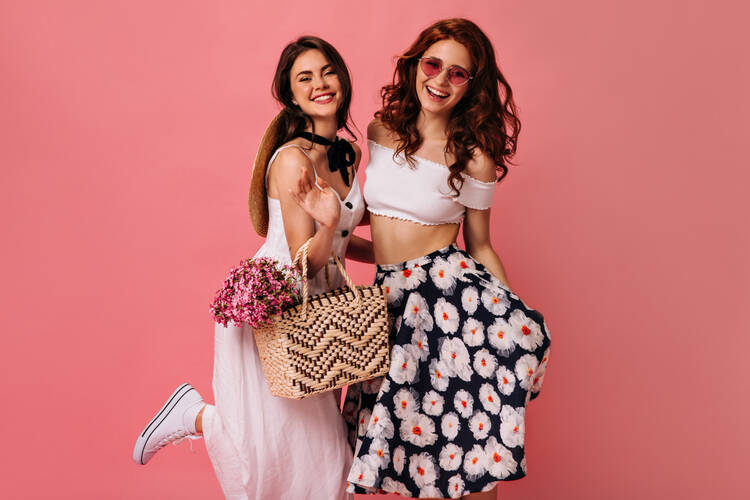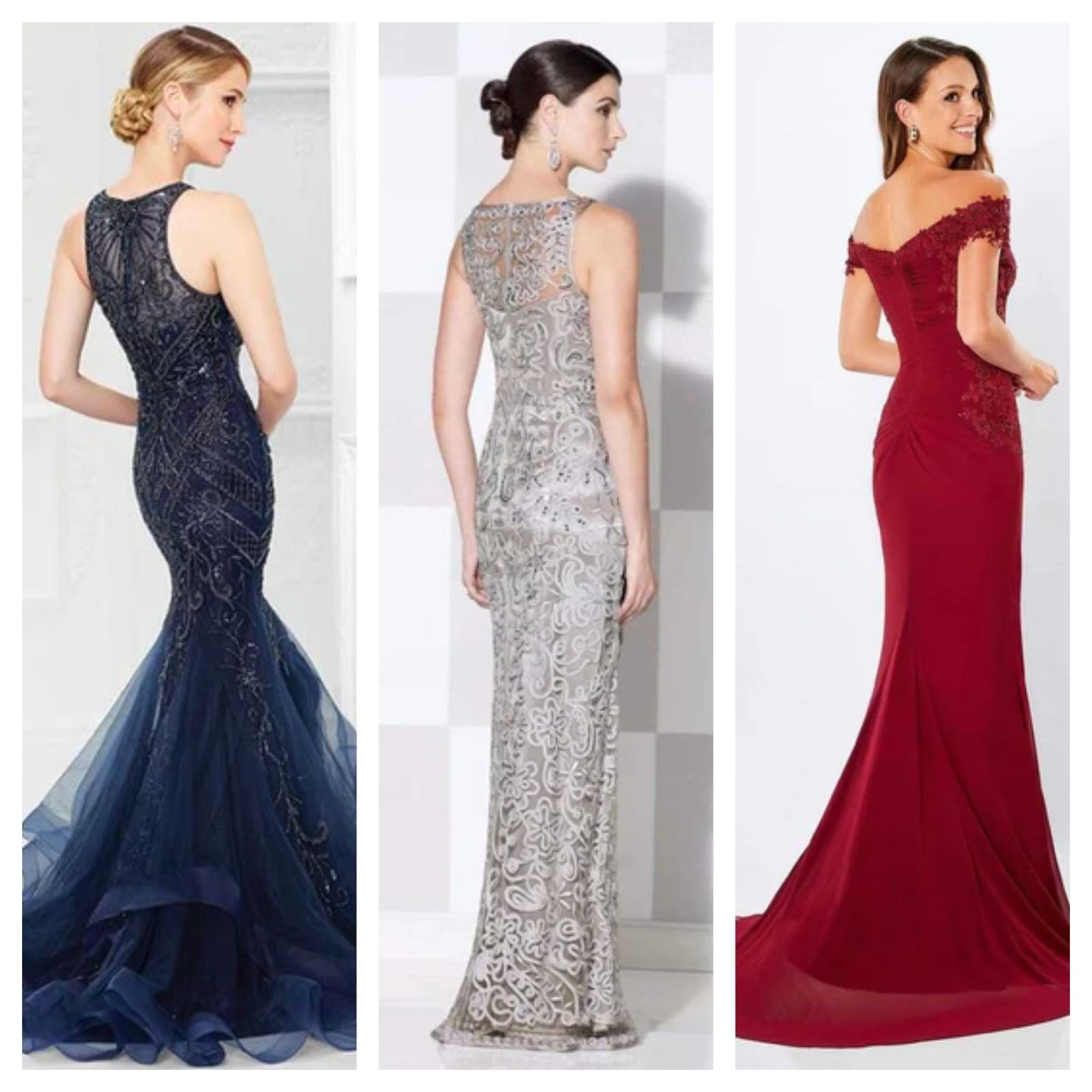The boutique fashion industry is constantly evolving, and it is important to stay ahead of the curve in order to remain competitive. In this article, we will explore some of the latest trends that are shaping the future of the boutique fashion industry.
Introduction
Table of Contents
The boutique fashion industry has undergone significant changes in recent years. As consumers become increasingly interested in unique, high-quality clothing items, boutique fashion has emerged as a popular choice. In this article, we will discuss the latest trends that are shaping the future of this industry.
Sustainability
One of the biggest trends in the boutique fashion industry is a focus on sustainability. Consumers are becoming more conscious of the environmental impact of their purchases, and they are demanding that companies take action to reduce their carbon footprint. Many boutique fashion companies are responding to this trend by using sustainable materials, such as organic cotton, recycled polyester, and natural dyes. They are also implementing sustainable production practices, such as reducing waste and using renewable energy sources.
Customization
Another trend that is shaping the future of the boutique fashion industry is customization. Consumers are increasingly seeking out personalized clothing items that reflect their individual style and preferences. Boutique fashion companies are responding to this trend by offering customization options, such as personalized embroidery, monogramming, and fabric selection. This not only allows consumers to create unique pieces that reflect their personal style, but also helps to reduce waste by creating items that are made to order.
Technology
Technology is also playing a major role in shaping the future of the boutique fashion industry. Many companies are using technology to improve the production process, reduce waste, and increase efficiency. For example, some companies are using 3D printing technology to create prototypes and samples, which helps to reduce the time and cost associated with traditional prototyping methods. Other companies are using data analytics to improve their supply chain management and make more informed decisions about production and inventory.
Inclusivity
Inclusivity is another important trend in the boutique fashion industry. Consumers are demanding that companies be more inclusive in their marketing and product offerings, and many companies are responding by expanding their size ranges and offering more diverse styles. In addition, some companies are partnering with organizations that promote inclusivity and diversity, such as the LGBTQ+ community and people with disabilities.
Collaborations
Collaborations are becoming increasingly popular in the boutique fashion industry. Many companies are partnering with other brands, artists, and designers to create unique and innovative products. This not only allows companies to offer new and exciting items to their customers, but also helps to build brand awareness and reach new audiences.
Social Media
Social media is also playing a major role in shaping the future of the boutique fashion industry. Many companies are using social media platforms to connect with their customers, promote their products, and build brand awareness. In addition, social media influencers are becoming increasingly important in the industry, as they have the ability to reach large audiences and influence purchasing decisions.
Pop-Up Shops
Pop-up shops are another trend that is becoming increasingly popular in the boutique fashion industry. These temporary stores allow companies to test new markets and reach new audiences without the expense of opening a permanent brick-and-mortar store. Pop-up shops can also create a sense of urgency and exclusivity, as they are only open for a limited time.
Local Production
Many boutique fashion companies are also focusing on local production. By producing items locally, companies can reduce their carbon footprint and support their local communities. Local production also allows companies to have more control over the production process and ensure that their products meet high quality standards.
Virtual Try-On
Virtual try-on technology is also becoming increasingly popular in the boutique fashion industry. This technology allows customers to see how clothing items will look on them before making a purchase, using digital platforms or apps. Virtual try-on not only provides customers with a more realistic representation of how an item will fit and look on them, but it can also reduce returns and increase customer satisfaction. Boutique fashion companies are adopting virtual try-on technology to enhance the online shopping experience and provide customers with more confidence in their purchases. With advancements in augmented reality and virtual reality technology, virtual try-on is likely to become even more sophisticated and widespread in the future.
Sustainability Certifications
In addition to using sustainable materials and production practices, many boutique fashion companies are also seeking out sustainability certifications. These certifications, such as the Global Organic Textile Standard (GOTS) and the Fair Trade Certified label, provide consumers with assurance that the products they are purchasing are sustainable and ethically produced.
Fashion Rental
Fashion rental is another trend that is becoming increasingly popular in the boutique fashion industry. Consumers are becoming more interested in renting clothing items for special occasions or everyday wear, rather than purchasing them outright. Boutique fashion companies are responding to this trend by offering rental services, which allows consumers to access high-quality, designer clothing at a lower cost.
Upcycling
Upcycling is a trend that involves taking old or unused clothing items and transforming them into new, unique pieces. Boutique fashion companies are embracing upcycling as a way to reduce waste and create one-of-a-kind items that appeal to consumers who value individuality and sustainability.
Conclusion
The future of the boutique fashion industry is bright, as companies continue to innovate and respond to changing consumer demands. Sustainability, customization, technology, inclusivity, collaborations, social media, pop-up shops, local production, virtual try-on, sustainability certifications, fashion rental, and upcycling are just a few of the trends that are shaping the future of this industry. By staying ahead of the curve and embracing these trends, boutique fashion companies can continue to thrive and appeal to consumers who value unique, high-quality clothing.
FAQs
- What is boutique fashion?
- Boutique fashion refers to clothing items that are produced in small quantities and are often unique or one-of-a-kind.
- Why is sustainability important in the boutique fashion industry?
- Sustainability is important in the boutique fashion industry because consumers are becoming increasingly conscious of the environmental impact of their purchases and are demanding that companies take action to reduce their carbon footprint.
- What is virtual try-on technology?
- Virtual try-on technology allows customers to see how clothing items will look on them before making a purchase, using digital platforms or apps.
- What is fashion rental?
- Fashion rental is a trend that involves renting clothing items for special occasions or everyday wear, rather than purchasing them outright.
- What is upcycling?
- Upcycling is a trend that involves taking old or unused clothing items and transforming them into new, unique pieces.




